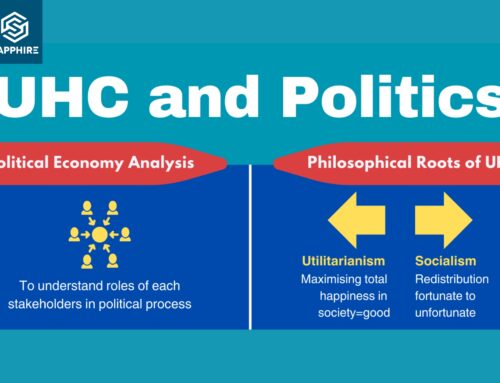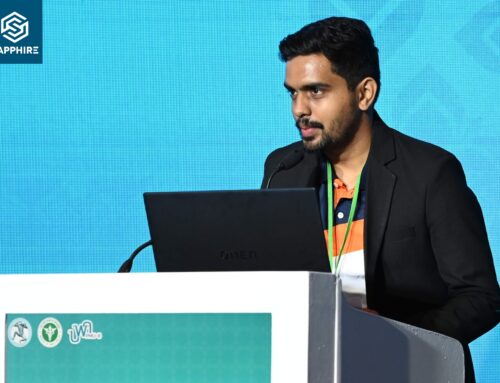As societies strive to invest in human resource development, which is the driving force behind the progress of any civilization, it is of paramount importance to develop policies focused on delivering quality health care to everyone irrespective of their socio-economic status, if such progress is to be sustained.
With this vision in mind, the state of Kerala, India, is going ahead with the continued focus on primary health care coupled with interventions to tackle life style diseases as per the vision of Hon. Chief Minister Shri Pinarayi Vijayan and Hon. Health Minister Smt K K Shailaja Teacher.
To further advance Kerala’s effort in universal health coverage (UHC), I attended the Leadership Development program from the 24th – 29th June 2019 at the Saw Swee Hock School of Public Health (SSHSPH) at the National University of Singapore (NUS). Many important factors surrounding UHC were discussed including the pre-requisites for implementations, role of health technologyw assessment (HTA) in priority setting, success stories, and the challenges faced by many countries in the region.
If I have to use an analogy to explain HTA, it would be the operation of a computer. In a computer the operating system is essential to using various software, likewise in the health sector, HTA is essential to arrive at informed decision to introduce new interventions as well as change in the past interventions to ensure proper use of resources for achieving desired results.
All states and nations are grappling with the complex issues in health sector. With competing demands from all sides, only through proper informed decisions regarding health care interventions done through HTA, the scarce resources can be put to best use.
Broadly the universe of population can be categorized into healthy population and population needing health care. HTA should give the guidance for interventions to both of these segments, only then the reservoir of the people needing health care will remain manageable and will not keep growing. That takes us to the most fundamental aspect of ensuring preventing and promotive health care approaches at the grass roots coupled with issue specific interventions in the health care settings. HTA will help the states to establish the feedback loop
The HTA needs to be taken down right up to the grass roots level institutions so that efficiency gains at these levels can bring in multiplier results. A well-structured capacity building program and support system should be put in place to enable the states to establish this initiative. HITAP through the continued support from IDSI are taking various initiatives to build such capacities in many countries. With their increased role and presence in this field, I hope, HTA will get internalized and institutionalized soon and become an integral part of health systems in the respective states and nations.




